Indian Summers: On set in Malaysia for Channel 4's new epic story of the British Raj
Indian Summers is a very Channel 4 costume drama: a fresh spin on a familiar theme, surreptitiously subversive and giving voice to often ignored minorities
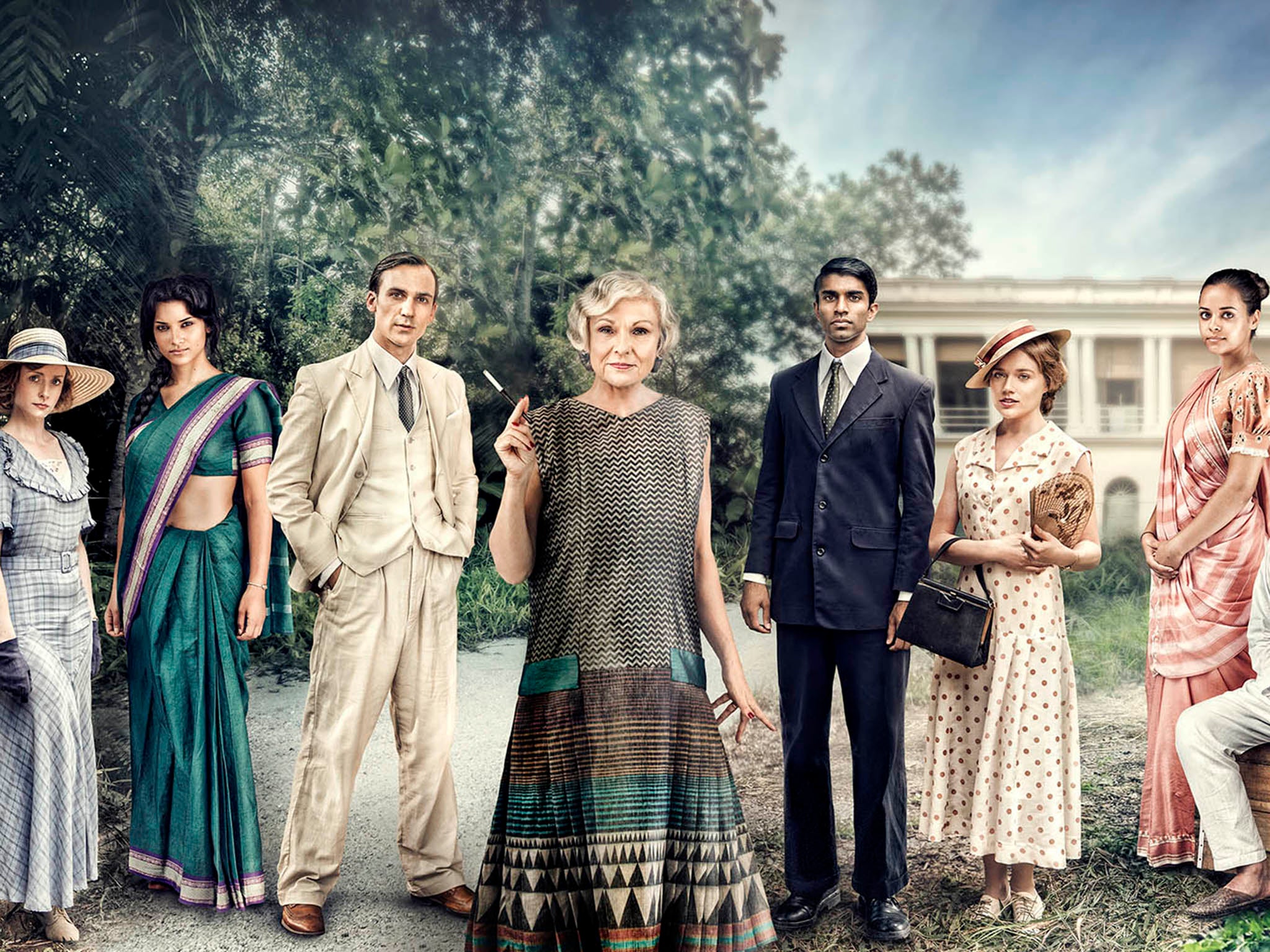
Your support helps us to tell the story
From reproductive rights to climate change to Big Tech, The Independent is on the ground when the story is developing. Whether it's investigating the financials of Elon Musk's pro-Trump PAC or producing our latest documentary, 'The A Word', which shines a light on the American women fighting for reproductive rights, we know how important it is to parse out the facts from the messaging.
At such a critical moment in US history, we need reporters on the ground. Your donation allows us to keep sending journalists to speak to both sides of the story.
The Independent is trusted by Americans across the entire political spectrum. And unlike many other quality news outlets, we choose not to lock Americans out of our reporting and analysis with paywalls. We believe quality journalism should be available to everyone, paid for by those who can afford it.
Your support makes all the difference.Guys, can we sort those pineapples out?” Tension is rising with the temperature on the set of Indian Summers, Channel 4’s hugely ambitious new drama series exploring life in the dying days of the Raj.
It’s July in George Town, the capital of the Malaysian island of Penang, and a lavish dinner is being laid for the Viceroy and his guests. It’s hot and hazy, and the atmosphere among cast and crew is buzzing thanks to a combination of caffeine and a garish isotonic drink called 100 Plus (“like crack,” jokes actress Olivia Grant). But, as Julie Walters comments gaily, “if I look sweaty, then great!”
Walters plays Cynthia Coffin, club landlady and queen bee of the social scene in 1932 Simla – the Himalayan hill station that was also the Raj’s summer capital, from where the British ran the country while escaping the stifling heat. “Everybody comes to [the Royal Simla Club] and gets blasted,” she reveals between sips of coffee, “so she knows who’s having affairs. She fancies herself a little bit.”
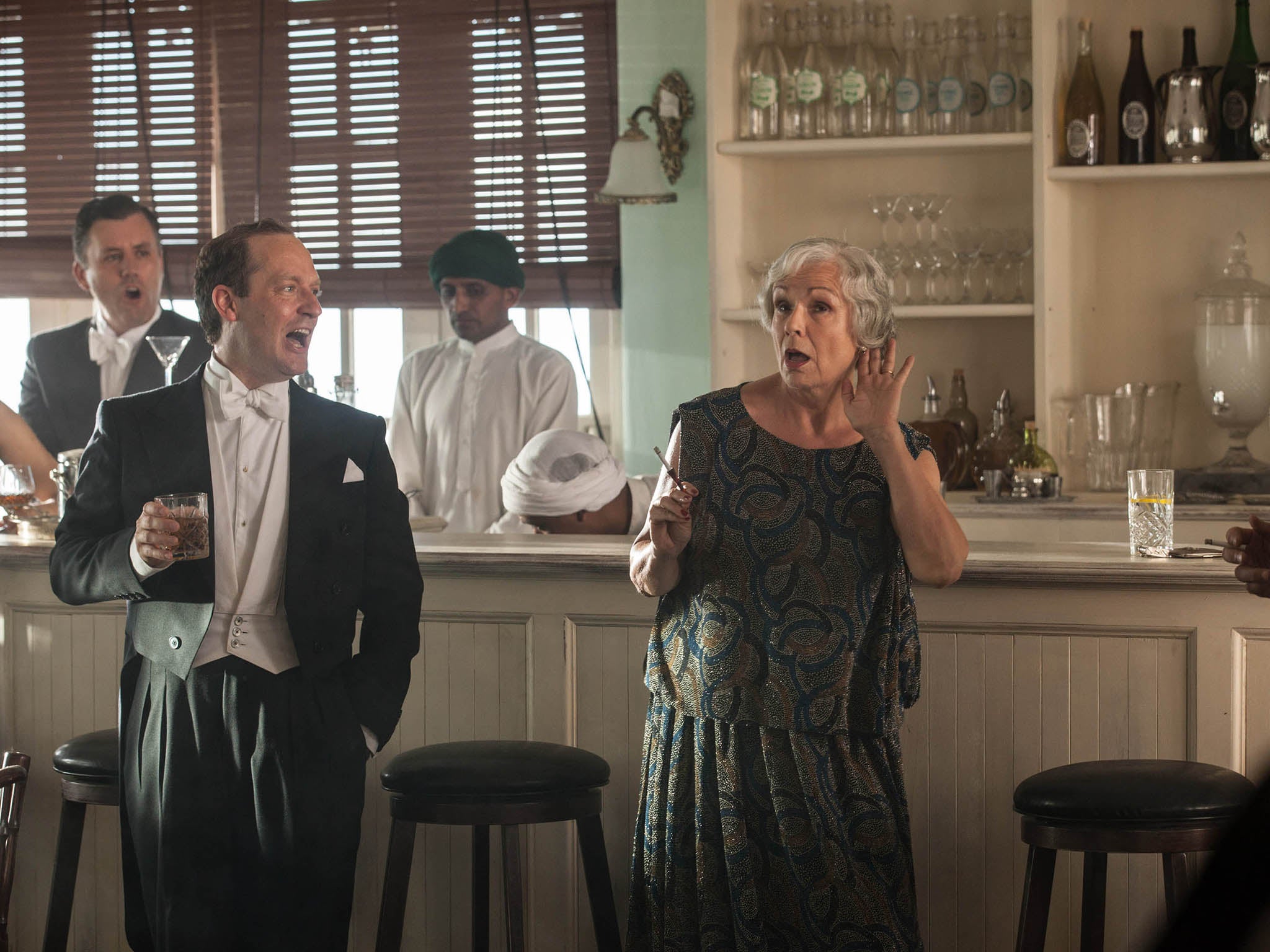
Indeed, one strand of Indian Summers’ sprawling narrative is kick-started by Cynthia’s meddling, as she takes it upon herself to find a wife for prospective new Viceroy Ralph Whelan (Henry Lloyd-Hughes) and arranges a rendezvous for him with American socialite Madeleine Mathers (Grant). Other key characters include Ralph’s outspoken sister, Alice (Jemima West), who compromises Cynthia’s authority; Aafrin Dalal (Nikesh Patel), a young clerk in the Indian Civil Service drawn into their incestuous world; and his sister Sooni (Aysha Kala), who becomes involved in the independence movement. As the narrative gathers pace, you can expect the old Raj divisions of race, caste and class to be dramatically eroded.
The subject matter of Indian Summers is not without precedent – Richard Attenborough’s Gandhi, David Lean’s A Passage to India and ITV’s landmark The Jewel in the Crown all told tales of the Empire in India – but since the mid-1980s, the era has gone largely unexamined. Paul Rutman, interpreter of Ann Cleeves’s Vera books for ITV, conceived the series while on a visit to Darjeeling with his Indian wife and child. A hotelier showed him a hoard of images dating from the 1930s, and Rutman was struck by these people “having tea parties and trying to recreate this idea of England in an environment that wasn’t England.”
He felt the time was right to return to the subject and tell the story from a new perspective. “Danny Boyle’s Olympic opening ceremony was a fantastic expression of what it means to be British,” he explains, “but it excised all mention of empire. People on the right are quietly still terribly proud of it, those on the left see it as a great source of shame. In the midst of that, there were ordinary people who went out there to try to make something of [themselves]. There’s a [dying] generation for whom empire was a huge part of their lives. I wanted to ask the question, what did we think we were doing out there?”
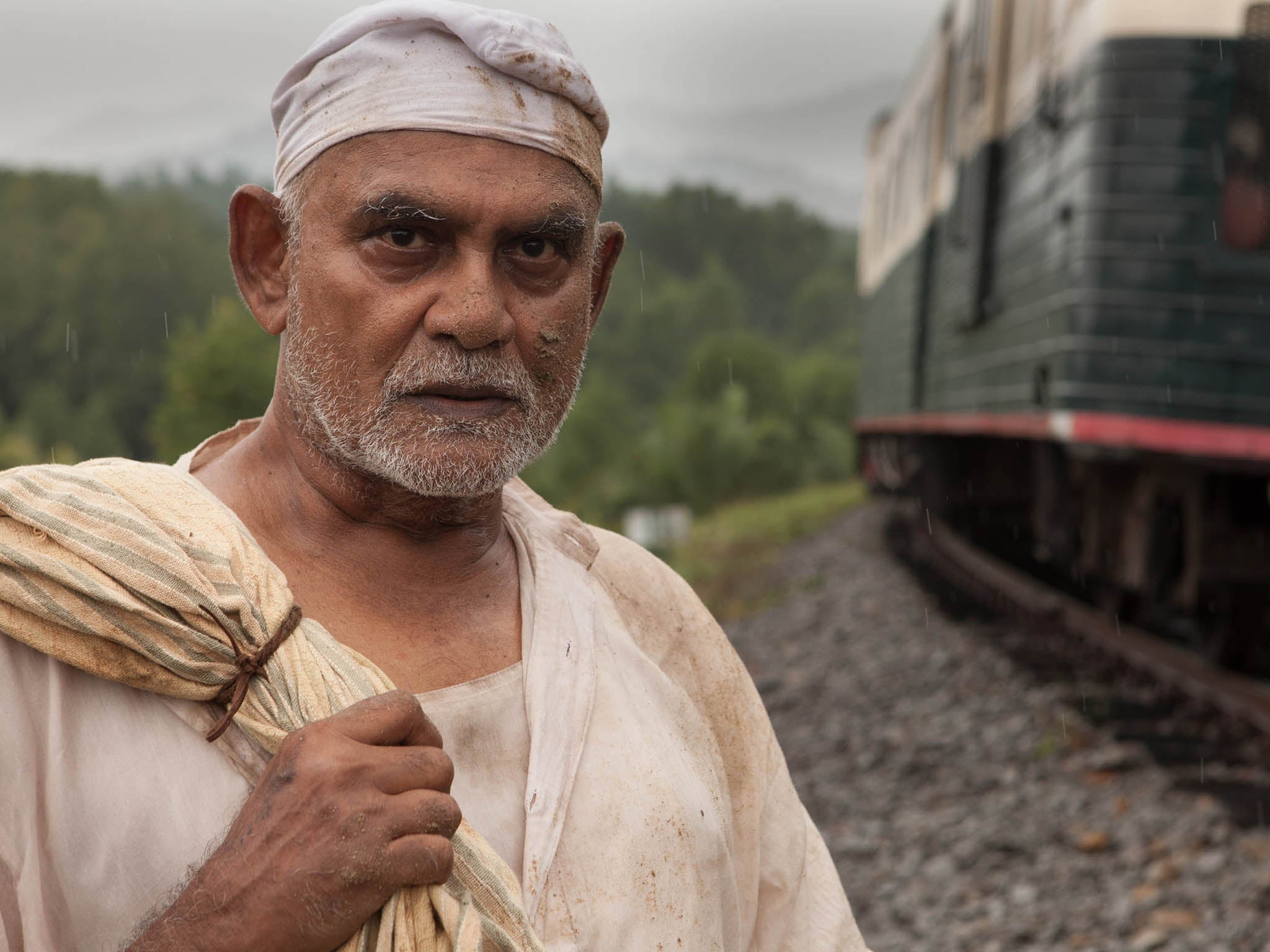
What indeed? Indian Summers doesn’t peddle colonial triumphalism but nor does it damn every element of British rule. As well as taking the perspective of the functionaries, missionaries and tea planters who kept the Raj ticking over, Rutman wanted to give indigenous stories equal weight. As he says: “They’re two communities getting along, side by side, but never quite understanding each other.”
The Indian and Pakistani cast includes Bollywood legends Lillete Dubey and Alyy Khan, as well as Roshan Seth, who was Nehru to Ben Kingsley’s Gandhi. Each admits that Indian Summers is clearly a “white” script while suggesting it is also much more perceptive and balanced than it might have been. “I think it’ll be quite patriotic and jingoistic for us lot, the brown people, and quite poignant and moving for the white man,” says Khan ambivalently.
The pervasive haze in the air is from neighbouring Sumatra, which is burning forests to make space for palm oil plantations: a reminder that modern-day imperialism takes many forms. The film production was a more inclusive affair, with most of the crew recruited locally and 90 per cent of the costumes made in Penang – including shoes by a local man whose father taught George Town alumnus Jimmy Choo his first lesson. Penang itself was identified as a suitable location only at the last minute, after Channel 4 decided first against modern-day Shimla, on the grounds that it was over-developed, and then against Sri Lanka, due to its strained relationship with the powers that be following its recent exposés of government-sponsored war crimes.

Watch Apple TV+ free for 7 days
New subscribers only. £8.99/mo. after free trial. Plan auto-renews until cancelled

Watch Apple TV+ free for 7 days
New subscribers only. £8.99/mo. after free trial. Plan auto-renews until cancelled
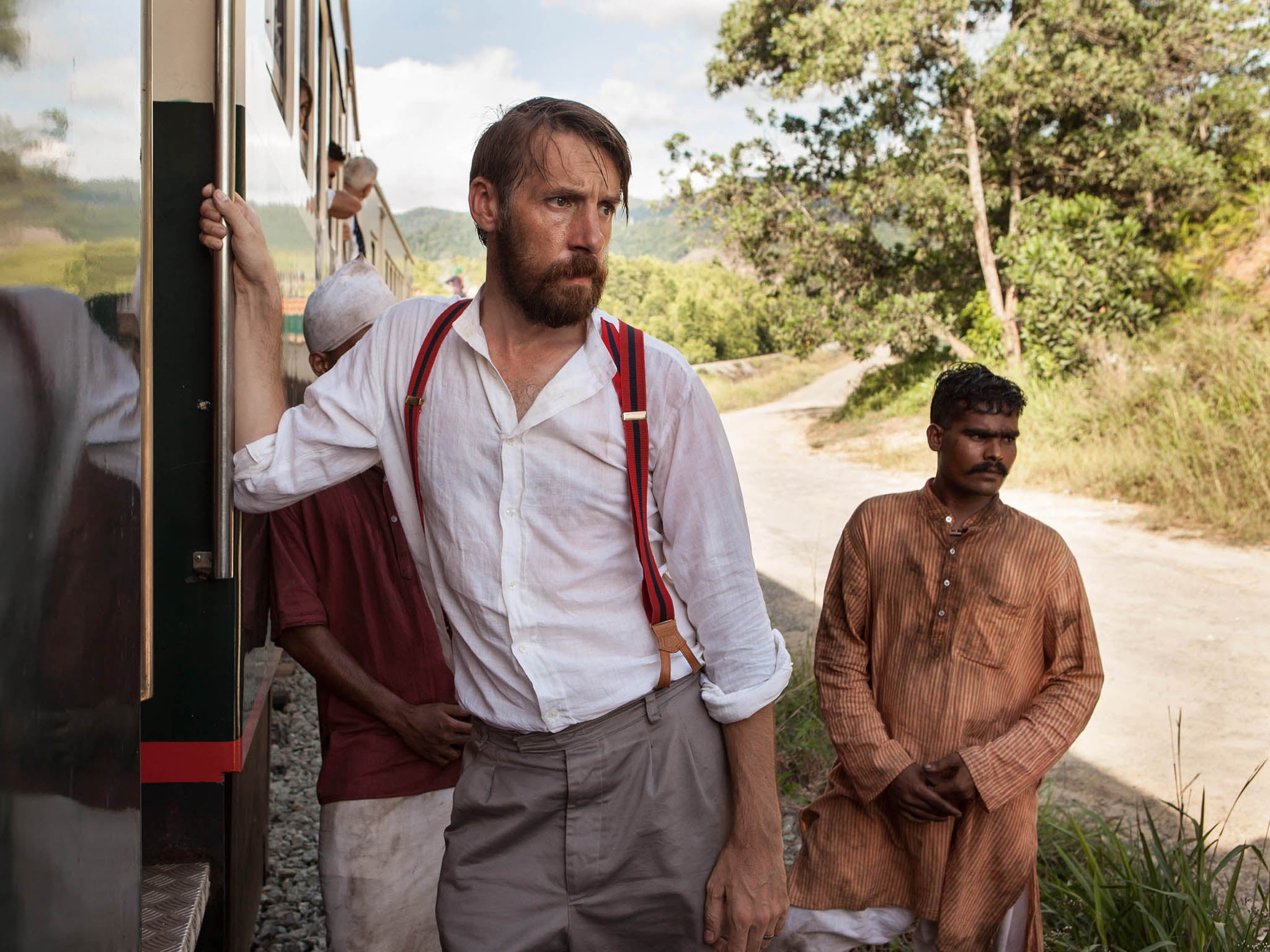
Penang has plenty of era-appropriate architecture, but the buildings that became the Royal Simla Club and the Whelan homestead, Chotipool, had to be reclaimed from the jungle and entirely refurbished over three months. A logistical nightmare, perhaps, but the results truly resemble a bizarre dream of Little England re-imagined in some foreign field. These astonishingly detailed renovation jobs, complete with manicured lawns, also helped to win over an important ally in Penang’s sceptical chief minister, who was delighted to see properties familiar from his childhood restored with such care. Another of the series’s key locations is the mission school (presided over – in a deliciously unlikely piece of casting – by Line of Duty’s bent copper Craig Parkinson), which has been garnering an eerie reputation among the crew, I discover: security guards were scared off by clocks chiming, apparently randomly, at night, and there has been talk of paranormal activity.
The spirits on set today are the liquid kind, although what appears to be gin is of course water. Boozing would be ill-advised in this climate, especially while shooting a crowded dinner party sequence which corrals most of the key players. Walters, Parkinson and a cameo-ing Sanjeev Bhaskar aside, Indian Summers contains few familiar faces. The leads are young, ambitious and well aware of the career opportunity the series presents. “This has not been a job of stumbling in at seven in the morning from a bar,” says Lloyd-Hughes, better known as Donovan, the bully from The Inbetweeners, who took four “harum-scarum” days off to get married back in England. “There’s been a lot of hard work and a lot of sweating. There’s a period of time where you go completely loopy because you’ve been there so long, but the amazing luxury of a 10-part series is the opportunity to explore a character.”
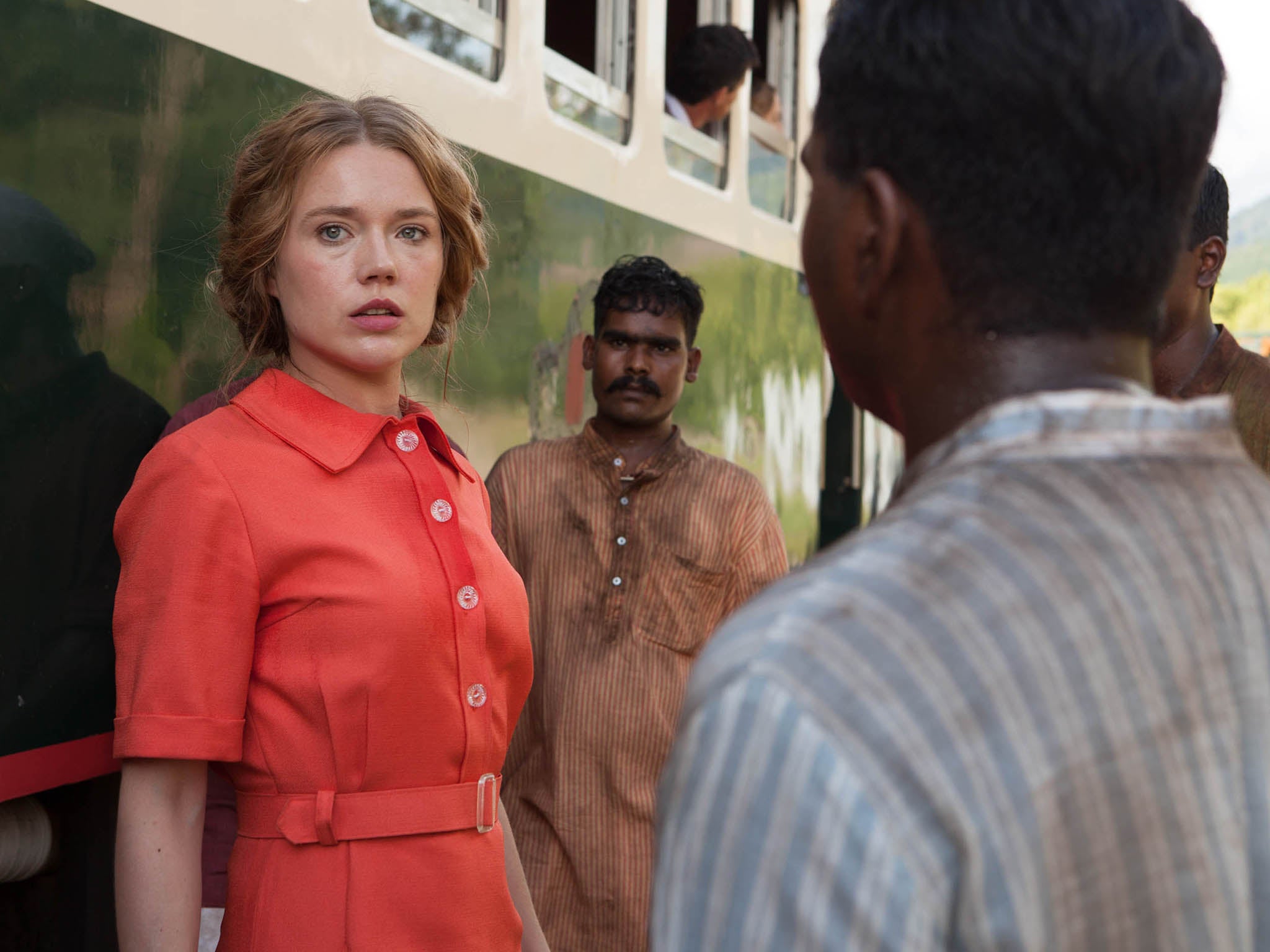
Casting relative unknowns was a calculated gamble that appears to have paid off. Unorthodox and often unintended bonding exercises, including pizza and gin nights, a hospital run for Grant after a scorpion sting, and a monsoon-drenched jungle yomp that claimed several iPhones, have created a tight unit that is immediately evident. “A few of us got out here a couple of weeks early,” recalls Jemima West, the Paris-born actress and star of French period series Maison Close, “so we all discovered Penang together. There’s a huge shared sense of pride and the results are important, but the experience itself has been worth it.”
Indian Summers is a very Channel 4 costume drama: a fresh spin on a familiar theme, surreptitiously subversive and giving voice to often ignored minorities. If all goes to plan, there will be four return visits, each focused on a different summer on the road to partition in 1947. “I hope audiences will love the characters,” says Rutman, “and have a different sense of the roles we’ve played in some of the crises and sectarian violence we see today. Politicians in the UK have this anxiety about our place on the world stage, this feeling that we’re a smaller nation than we once were. Perhaps we can be smaller and wiser now.”
‘Indian Summers’ begins Sun 15 Feb, 9pm, Channel 4
Join our commenting forum
Join thought-provoking conversations, follow other Independent readers and see their replies
Comments